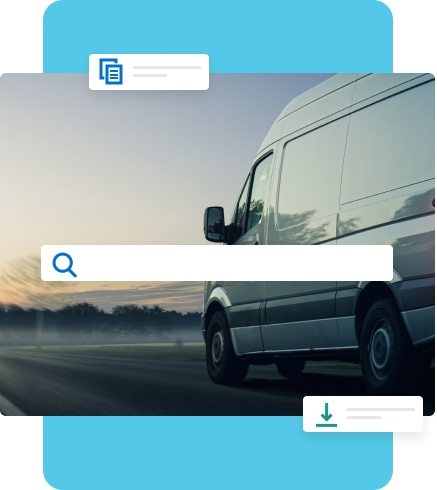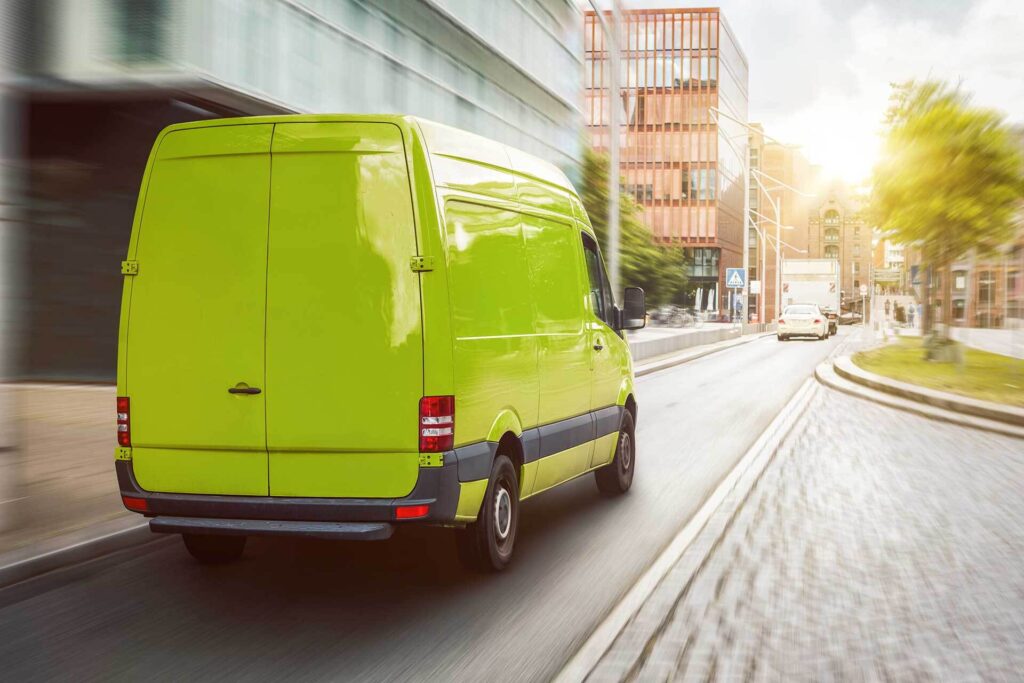Sustainability today is more than a buzzword. It’s become a strategy that companies are embracing to grow their top and bottom lines. Sustainability efforts have become critical to company growth and future success across all industries. As these initiatives become more prominent, companies must ensure that their operating models comply with government regulations and align with the expectations of multiple stakeholders.
More companies are embracing green logistics, including delivery, packaging, production sourcing and reverse logistics. Many times, that focuses on strategies for reducing carbon dioxide emissions from goods transported from the first through the last mile of delivery.
As part of many companies’ “green” initiatives, they are tasked with reducing the carbon footprint of the customer support line—specifically, reduce truck rolls. But what exactly counts as a truck roll? And why should you care about truck rolls at all?
What is a Truck Roll?
A truck roll occurs whenever you send a technician or support agent to a customer site to solve an issue. Many companies will dispatch technicians in trucks, which is the origin of the term ‘truck roll.’ One thing is clear: truck rolls are expensive and terrible for your carbon footprint.
Average Truck Roll Carbon Emissions
To establish just how much you can impact your carbon footprint by cutting down your truck rolls, let’s first examine just how much the average truck roll contributes to your organization’s carbon emissions. Several factors will influence the environmental impact of your standard truck roll:
- Truck Size: The larger the vehicle the more it emits C02.
- Distance Traveled: The longer the distance traveled, the more carbon emissions are released.
- Idling Time: Even if your trucks are only traveling ten miles, if it takes them 45 minutes to get there because of traffic, you’re having more of a negative impact on the environment than if they encountered no traffic on their route. You’re also wasting gas and technician time any time the truck is stuck idling in traffic.
The EPA states that the standard passenger vehicle emits 411 grams of CO2 per mile. If you are using trucks larger than the average passenger vehicle or run-on diesel, your emissions are likely even higher than this.
How to Reduce Truck Rolls
The best way to reduce your carbon footprint related to your truck rolls is to reduce truck rolls. But how can you do that? Work with Glympse! We continuously see our customers decrease truck rolls and customer not-at-homes by 10%.
But how do we do it, you ask? Glympse drives proactive conversations between customers and brands during the critical moments that matter – when a service technician or delivery driver is on the way day-of-service. The Glympse journey experience starts with a proactive notification via a Web-based map for a predetermined period of time. Customers receive multiple, proactive notifications all directing them to initially view and then check back with a unique URL, where we display and update the Glympse journey. As their delivery or appointment draws closer, we update that experience from a simple confirmation with reschedule and add to calendar capabilities to a “live” view of the person on the way, arrival confirmation and even an instant request for feedback.
It is more than a live map and real-time ETA; it engages the end-customer in a multi-step, highly engaging experience. Our solutions contain automated location-triggered messaging and smart pushes to dynamically trigger push messaging based on real-time locations. And we do this without un-necessarily draining the phone battery. Long story short, the end customer knows exactly when the person will arrive -and can prepare for that arrival. This reduces the need for truck rolls.
Glympse Helps You with Your Sustainability Goals
If you decide to partner with Glympse, there are several significant benefits you will enjoy. They include:
- Fewer Missed Appointments
- More Appointments Per Trip
- Smart Routing
- Rapid Communication




